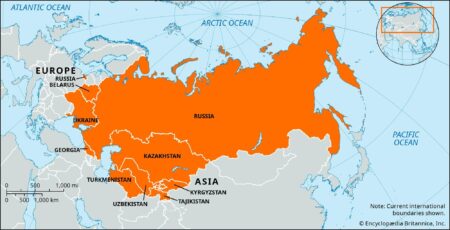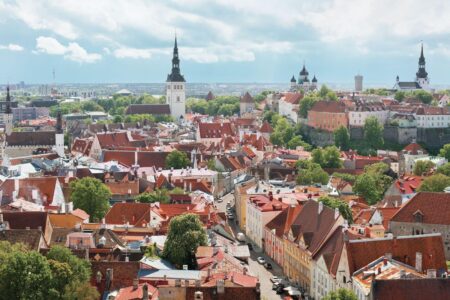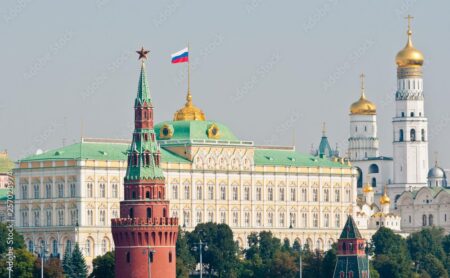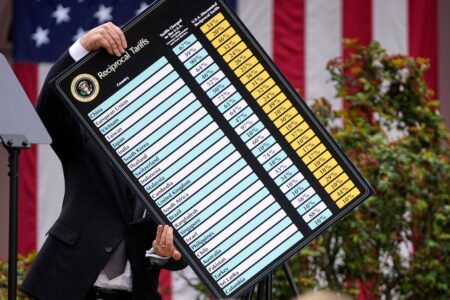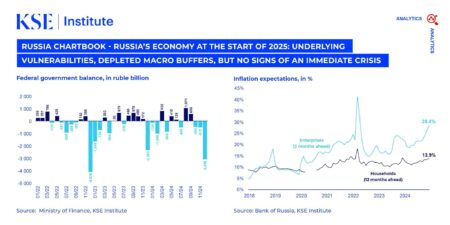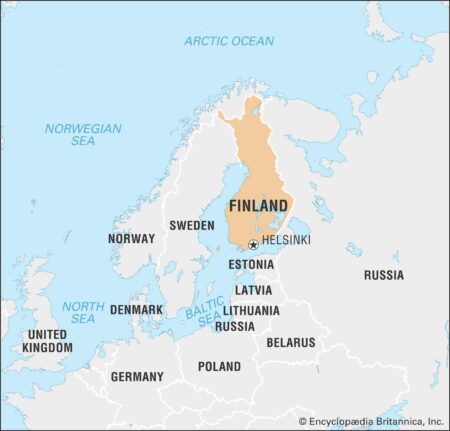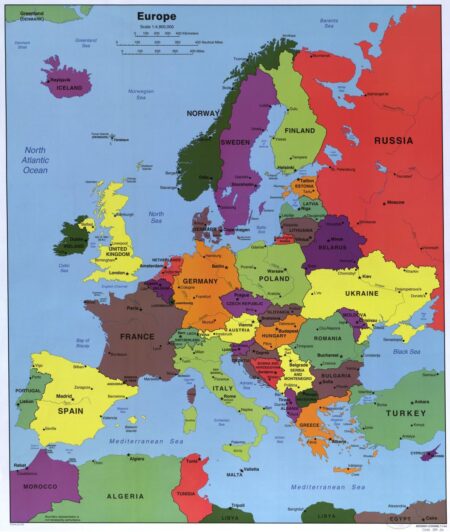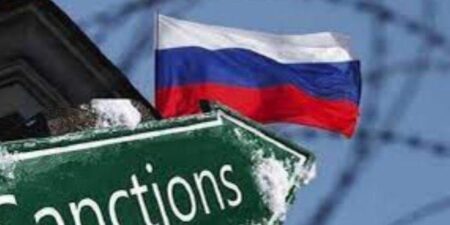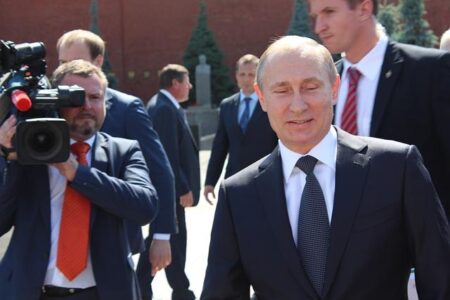Russia is keeping its cards close to the chest regarding the acceptance of enriched uranium from Iran in a possible US-Iranian deal. This hesitance from the Kremlin injects a layer of unpredictability into the already complex diplomatic landscape surrounding nuclear proliferation issues.
Browsing: sanctions
Boeing’s crucial involvement in strengthening Russia’s aerospace industry sparks intriguing questions about the future of its operations within the country. As geopolitical tensions rise, experts are left pondering: will this aviation titan ever find its way back to doing business in Russia?
Estonia has apprehended a Russian shadow tanker in the Baltic Sea amid heightened tensions in the region. The vessel, suspected of engaging in illegal fuel transfers, underscores ongoing concerns over maritime security and regulatory compliance.
A steep decline in oil prices poses a significant challenge for Russia, jeopardizing its extensive funding for the ongoing war in Ukraine. As revenues dip, analysts warn that Moscow may face increased pressure to scale back military operations.
The Kremlin is experiencing heightened concern as the price of Russian Urals crude oil approaches the critical $50 threshold. This significant drop could hamper state revenues, further exacerbating the economic challenges faced amid ongoing sanctions.
In a bold move, former President Donald Trump has threatened to impose an additional 50% tariff on Chinese imports, potentially driving total tariffs beyond the 100% mark. This escalation raises concerns about the impact on U.S.-China trade relations and global markets.
Russia’s economy faces a severe crisis as oil prices plummeted by 31%, marking a significant blow to President Vladimir Putin’s financial stability. The sharp decline raises concerns about the nation‚Äôs fiscal resilience and potential implications for global markets.
In a firm stance, Germany‚Äôs Economy Minister, Robert Klingbeil, dismissed calls to reinstate Russian gas imports, emphasizing the nation‚Äôs commitment to energy independence. This decision reflects ongoing geopolitical tensions and Germany’s pivot towards alternative energy sources.
Finland’s president has emphasized the need for a strong stance against Russia amid escalating threats to European security. Highlighting a growing regional tension, he calls for unity and decisive action to address the challenges posed by Moscow’s aggressive posture.
European leaders have unanimously stated that now is not the opportune moment to lift sanctions against Russia. This consensus reflects ongoing concerns over the nation’s actions and signals a commitment to maintaining pressure until compliance is achieved.
Seizing Russian assets, while appealing in theory as a response to international aggression, presents significant legal and logistical challenges. This complexity involves navigating international law, diplomatic repercussions, and potential retaliation, complicating enforcement efforts.
In a bold economic move, former President Donald Trump proposed a 25% tariff on countries that purchase oil and gas from Venezuela. The policy aims to pressure the Maduro regime while altering global energy dynamics amid ongoing sanctions.
Germany has seized a suspected Russian oil tanker connected to a “shadow fleet” evading sanctions. This move highlights ongoing global efforts to curb Russia’s access to energy resources amidst the ongoing conflict in Ukraine.
Germany has reportedly seized an oil tanker linked to Russia‚Äôs shadow fleet, aiming to curb the Kremlin’s circumvention of sanctions. This move underscores Berlin’s commitment to international sanctions and highlights ongoing tensions in the region.
The U.S. is intensifying its efforts to curb Iran’s oil revenue by targeting China’s “teapot” refiners, which play a pivotal role in processing Iranian crude. This move aims to disrupt the flow of funds to Tehran amid ongoing sanctions.
Italy’s Prime Minister Giorgia Meloni has urged the European Union to consider the implications of a potential trade war with the United States. She also affirmed Italy’s decision not to send troops to Ukraine, highlighting the need for diplomatic solutions.
In a significant diplomatic development, former President Donald Trump and Russian President Vladimir Putin are set to discuss key issues, including power plants and territorial disputes, in an effort to end the ongoing conflict in Ukraine.
China and Russia have voiced strong support for Iran amid renewed tensions following former President Trump’s push for nuclear negotiations. Their backing underscores a growing alliance as global powers navigate the complexities of Iran’s nuclear ambitions.
Canada has announced plans to ease sanctions on Syria, signaling a potential shift in foreign policy. The move coincides with the appointment of a new ambassador, aiming to enhance diplomatic engagement amid ongoing regional challenges.
Ukraine’s agreement to Donald Trump’s ceasefire proposal places significant pressure on President Putin to respond. Analysts suggest this development could shift negotiations and redefine the dynamics of the ongoing conflict in Eastern Europe.

